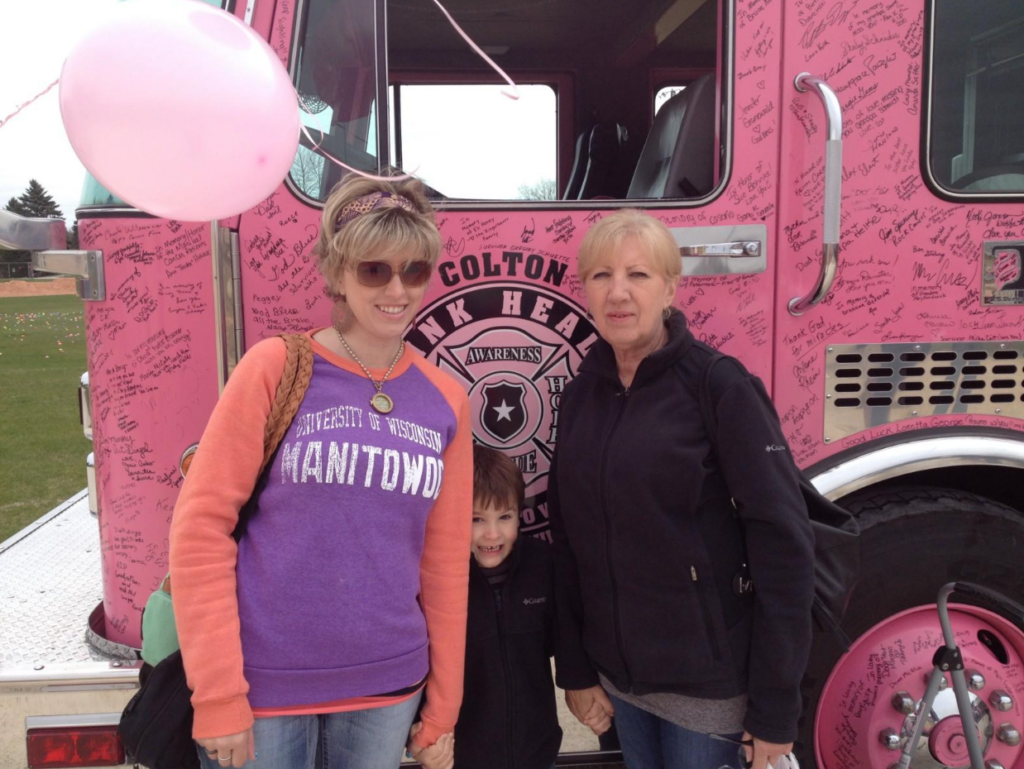I was 27 when I was diagnosed with non-Hodgkins lymphoma. My mom was sitting next to me in the room as the doctor read those results that would alter the path of my life forever. The moment the words “cancer” was uttered by the surgeon, my mom took charge asking questions as my mind began to spiral. My mom became my caregiver at that moment as she was determined to get me healthy again.
My mom was by my side from the moment that routine chest x-ray set off alarm bells to the day I finished chemotherapy. She moved in with me and my son as I underwent multiple rigorous chemotherapy treatments, all which lasted five days at a stretch. She was there driving me to the hospital when my white blood cell counts dropped. She was there to hold my hand when the pain of mouth sores and bone pain kept me awake each night. She encouraged me to come sit outside in the sun when I was miserable and hopeless. She bought me St. Patrick’s Day green shakes from McDonald’s each day since it was one of the only things I could eat. She advocated for me to my healthcare team when I was too tired to do it myself.
My mom was my caregiver during my cancer treatment in every arena of that journey. She remained my caregiver even past my remission as she continued to support me as I struggled with the realities of young adult survivorship. The realities that are often not spoken about such as scanxiety, neuropathy, PTSD, chemo-induced menopause, and weight gain. You never truly understand the experience of going through cancer treatment until you’ve lived it. But the closest one who will understand is your caregiver. Because they lived it with you.
My mom was diagnosed with stage IV pancreatic cancer on January 2nd, 2022, after a series of sudden symptoms that led us to hearing this news in the emergency room. At this point in my life, especially after years of participating in young adult cancer support groups, I knew that pancreatic cancer was bad news. This was the moment that we switched roles as I became the caregiver. I took over the questions as my mom went silent and likely began to spiral, just as I did the day I first heard my cancer news. The next two weeks were a whirlwind of tests, appointments and managing pain. Pancreatic cancer is an incredibly painful cancer and it destroyed me to see my mom in so much pain. I would be up with her each night, getting her meds, and comforting her. Just like she did with me. Unfortunately, my mother did not get the chance to begin treatment as she passed away on January 18th, 2022. Just two weeks after her diagnosis.
Despite such horrific news, we were optimistic in those first few days. We’ve done this before. We’ve conquered cancer together and we could do it again. I truly did not believe that I was going to lose my mom. Call it hope or perhaps it was sheer denial. I owed her this. She took care of me, she helped me survive, and I would do the same for her. I called clinical trials, I purchased the same chemo survival aids I used during treatment, I began planning out her doctor’s appointments. But unfortunately, it was just too late.
Approximately 1 out of 5 cancer survivors are also currently caregivers based on a recent peer-reviewed study from October 2022. That also translates to nearly four million cancer survivors in the United States that are fulfilling a caregiving role. This study is one of the first addressing the complexities of the dual roles of a cancer survivor and caregiver. The findings in this study found that caregivers with a history of cancer survivorship will struggle more with their mental health than caregivers in other groups along with increased physical health effects.
I felt truly alone in my grief, especially in the beginning, as I wrestled with not just immense loss but waves of built-up PTSD triggers. As many caregivers know, when you are in caregiver mode you do not have time to fall apart. You keep moving, you keep hustling, you do whatever it takes to take care of your loved one. That rush of adrenaline made those last two weeks of my mom’s life feel like an out of body experience. It also helped me manage all the PTSD triggers that were happening around me from being inside the cancer clinic (the same one that I still use today) to smelling the hospital to setting up appointments that matched the same timeline I experienced.
Once I lost my mom, not only did grief consume me, but so did all those PTSD triggers I was keeping buried inside to stay strong for her. And when I lost my mom, my best friend, but also my caregiver… I lost the one person that truly would understand how I felt. She said to me, right after her diagnosis, “I wish it didn’t have to be you” as I drove her to the cancer clinic. But I was happy to take care of my mom and I wouldn’t have had it any other way. I wanted to be by her side, like she’s always been by mine.
It’s a truly unique feeling to be a cancer survivor that then becomes a caregiver. Especially for your caregiver. But it is an experience that is not uncommon which is what prompted me to share my story with this beloved community that has shown me so much support. Understand that you are not alone, and this experience is a shared one among many of us. We have support when we share our stories together.
By : Lindsay Brookshier

